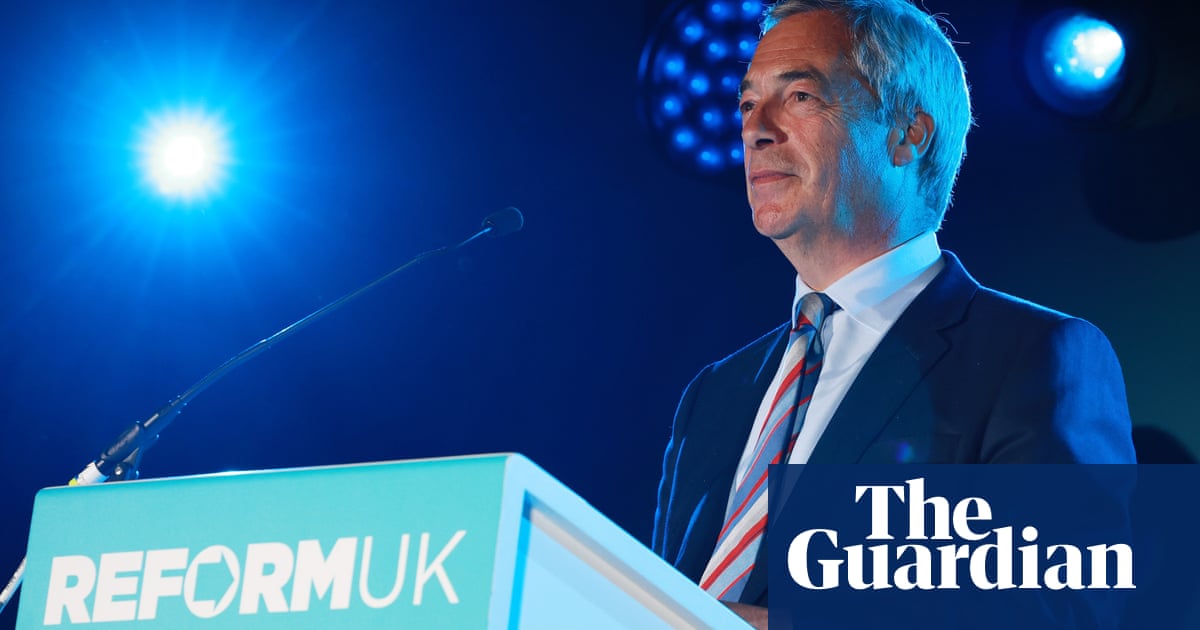The recent news highlights a significant shift in the approach to diversity and inclusion within local governance in the UK, particularly under the control of Reform UK. This change, as articulated by Nigel Farage, raises concerns about the future of such initiatives and the potential impact on employees involved in these areas.
Implications of Policy Changes
The announcement signals a potential rollback of previously established diversity and inclusion policies in councils, which could foster a hostile environment for these initiatives. By advising staff to seek alternative careers, the message communicated is one of devaluation of diversity efforts, possibly leading to a decrease in representation and inclusivity within public services. This could have broader implications for workplace culture and employee morale across various sectors.
Community Reactions
The call for personal experiences regarding diversity and inclusion initiatives suggests an effort to gauge public sentiment and collect narratives from individuals directly affected by these policies. This feedback could be used to either justify the party's actions or to create a narrative around the perceived failure of diversity initiatives.
Hidden Agendas
There may be an underlying intention to divert attention from other pressing issues facing local councils, such as budget cuts or service delivery challenges. By focusing on diversity and inclusion, the party could be attempting to shift the conversation away from their governance effectiveness.
Trustworthiness of the News
While the content appears rooted in factual events (Farage's speech and the party's policy changes), the framing of the narrative could be seen as manipulative, especially if it aims to provoke a specific emotional response or rally support against diversity efforts. The language used and the selective reporting may contribute to a biased portrayal of the situation, requiring readers to consider multiple perspectives.
Societal Impact
The potential ramifications of these changes could extend to various sectors, particularly those that rely on diversity for creativity and innovation. Industries such as entertainment, where representation is crucial, might experience a backlash if opportunities diminish. Furthermore, this could lead to broader societal divides, as communities react to the perceived rollback of inclusivity.
Support Base and Target Audience
The article seems to resonate more with audiences that favor traditional values and may feel threatened by progressive changes in workplace policies. It targets individuals who may have concerns about the implications of diversity initiatives on their employment or organizational culture.
Economic Considerations
In terms of economic impact, this political stance could affect companies invested in diversity initiatives and related sectors. If public sentiment sways against diversity, it could undermine businesses that advocate for inclusivity, with possible repercussions in stock performance and market confidence.
Geopolitical Context
The news does not directly address global power dynamics but reflects a broader trend in various countries where populist movements challenge progressive policies. The discourse around diversity and inclusion is increasingly relevant in today's political climate, suggesting that similar debates may arise in other contexts.
AI Influence
The possibility of AI involvement in crafting this narrative cannot be ruled out, especially in the analysis of public sentiment or the collection of personal experiences. However, the text's tone and framing strongly suggest human authorship aimed at political persuasion rather than purely informational content.
Considering all these factors, the article can be seen as a tool for mobilizing support against diversity initiatives while potentially obscuring deeper issues within local governance. The framing, language, and context all contribute to a narrative that serves a specific political agenda.
